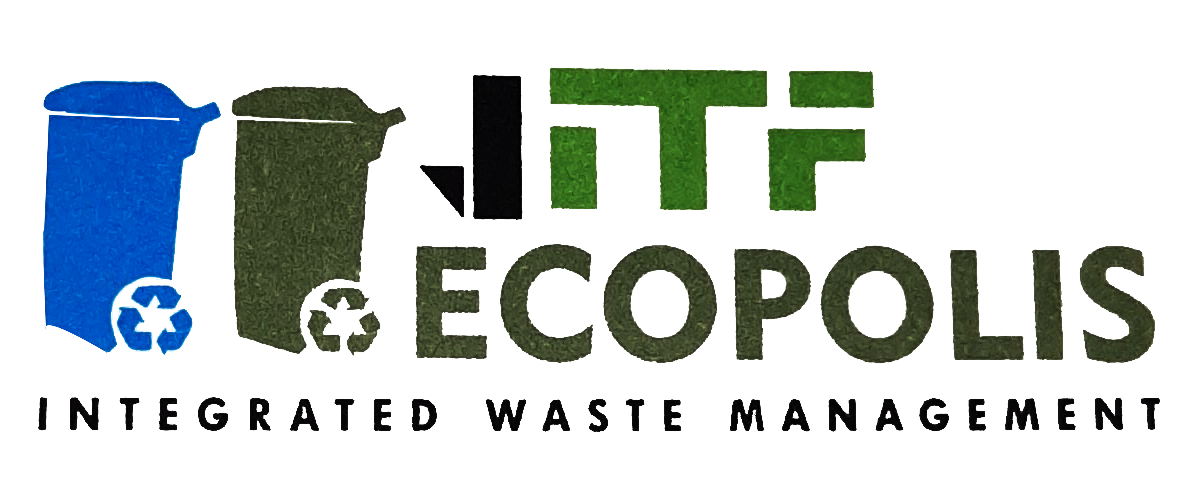What We Do
Waste to City Compost
Farmers and gardeners have long understood the benefits of compost to their soil and plants. Application of compost enhances soil’s structure and its ability to hold water. It also creates habitat for beneficial soil organisms, provides a source of slow–release nutrients for plants, and protects plants from soil–borne pathogens. At TOWMCL we have ventured into a new vertical by installing a facility to process compost out of organic materials present in MSW.
Composting organisms require four equally important ingredients to work effectively:
for energy; the microbial oxidation of carbon produces the heat, if included at suggested levels. High carbon materials tend to be brown and dry.
to grow and reproduce more organisms to oxidize the carbon. High nitrogen materials tend to be green (or colorful, such as fruits and vegetables) and wet.
for oxidizing the carbon, the decomposition process.
in the right amounts to maintain activity without causing anaerobic conditions.
Certain ratios of these materials will allow microorganisms to work at a rate that will heat up the compost pile. Active management of the pile (e.g., turning) is maintained for sufficient supply of oxygen and the right moisture level. With the right combination of these ingredients compost is ready to provide nourishment to the soil and helps the plants to grow.
